Adventurers who redefined exploration
In a world where every corner seems mapped and cataloged, the spirit of exploration continues to thrive. Today, explorers are not just those who tread uncharted territories but also those who redefine boundaries in technology, space, and the natural world. From the depths of the ocean to the vastness of space, modern explorers push the limits of what is possible, inspiring others to look beyond the horizon.
Marco Polo: The Original Influencer
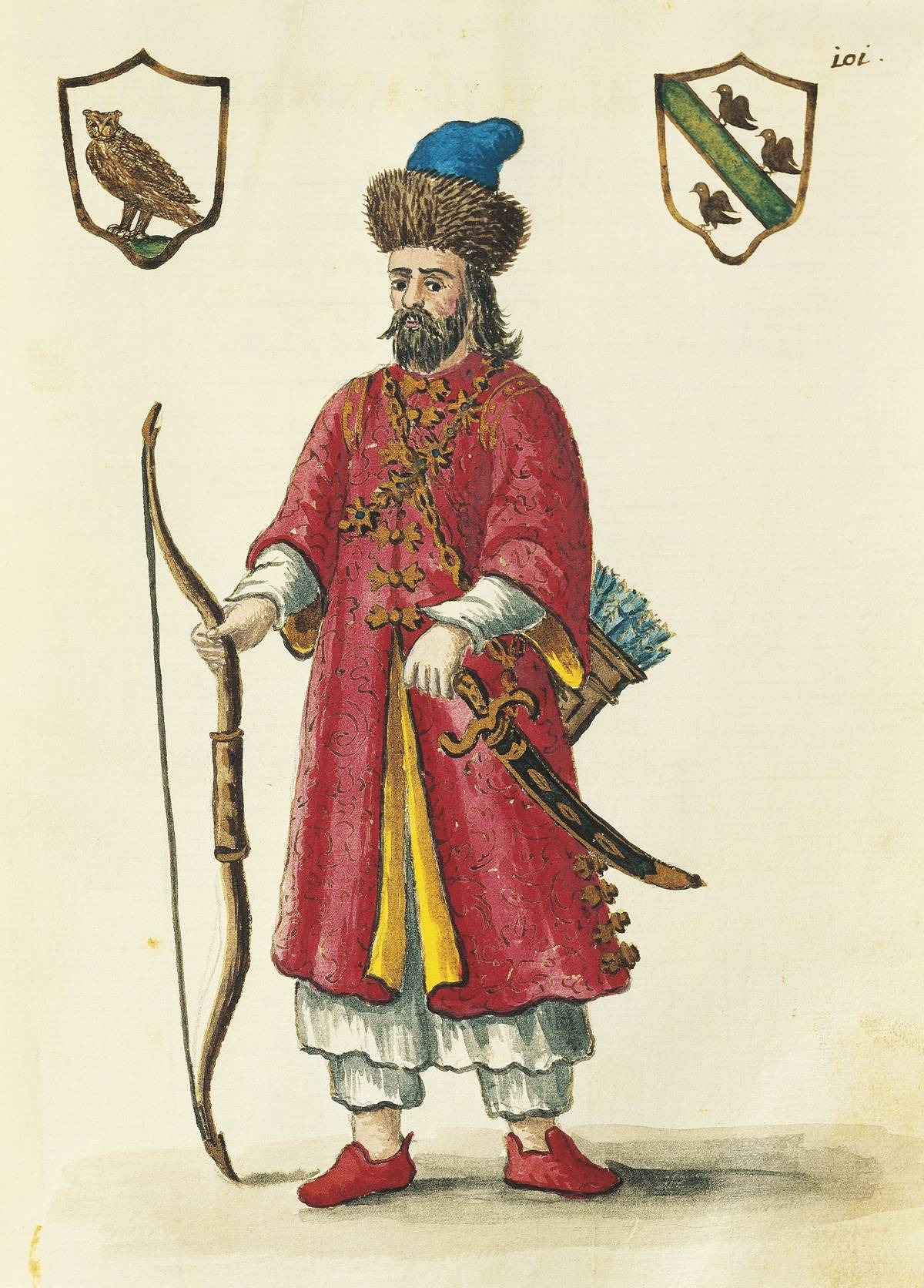
Marco Polo’s journey to Asia in the 13th century opened up a world of possibilities to the European continent. His travels along the Silk Road introduced Europeans to the riches of the East, including spices, silk, and knowledge. Polo’s detailed accounts in “The Travels of Marco Polo” became a bestseller of its time, inspiring countless adventurers. His influence extended beyond exploration, impacting trade and cultural exchanges for centuries.
Ibn Battuta: The Man Who Traveled the Medieval World
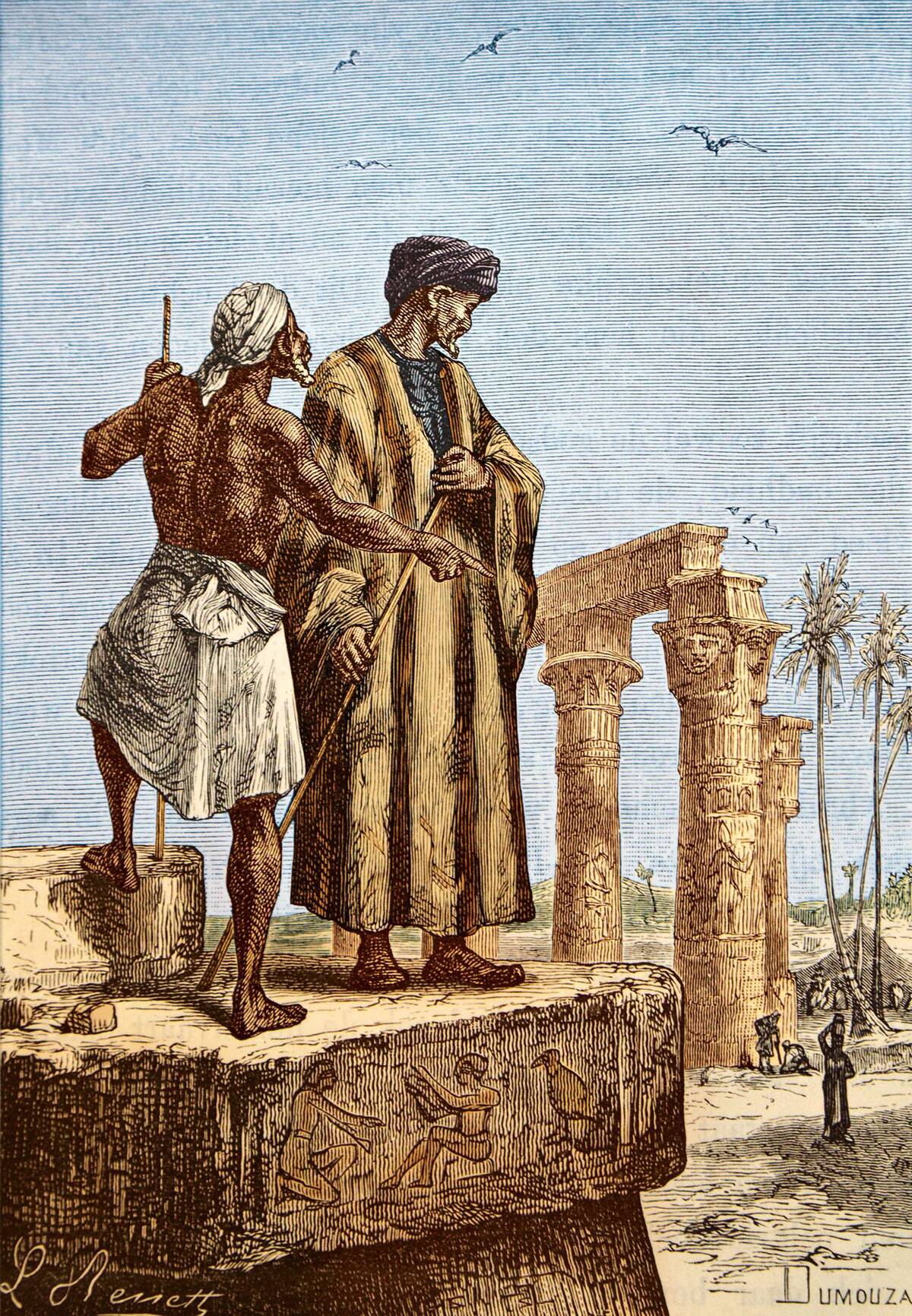
Ibn Battuta is often referred to as one of the greatest travelers of all time, covering over 75,000 miles across Africa, Asia, and Europe. His travels in the 14th century provided a detailed and vivid account of the medieval world, captured in his book, “The Rihla.” Battuta’s journey was not just about distances; he immersed himself in the cultures and societies he visited, offering a rare glimpse into the diverse civilizations of his era.
Zheng He: The Admiral Who Ruled the Seas
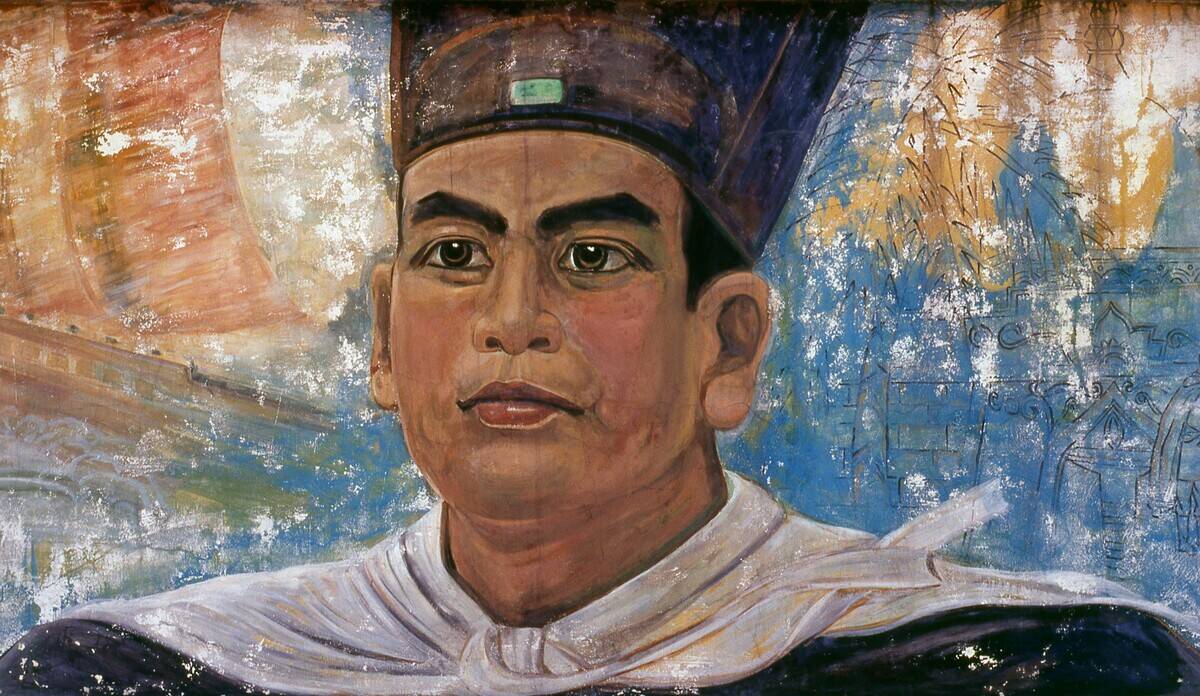
In the early 1400s, Chinese explorer Zheng He led seven massive naval expeditions across the Indian Ocean. Commanding a fleet of over 300 ships, Zheng He’s voyages expanded China’s influence and trade networks as far as Africa. His expeditions showcased the technological and navigational prowess of the Ming Dynasty. Zheng He’s legacy is a testament to the grandeur of China’s maritime ambitions during his time.
Christopher Columbus: The Controversial Pioneer
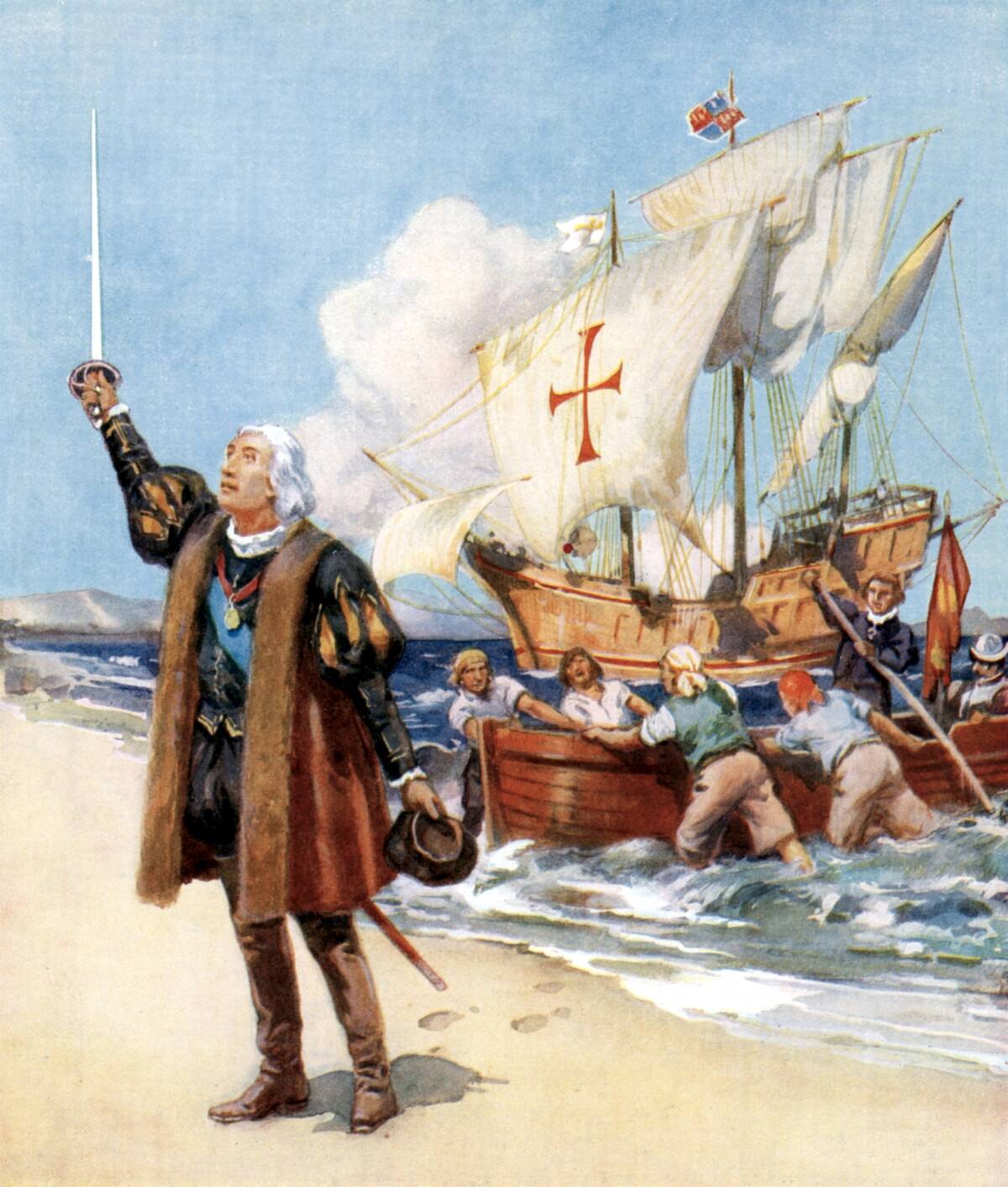
Christopher Columbus is often credited with discovering the New World, yet his expeditions are a subject of controversy. In 1492, seeking a westward route to Asia, Columbus landed in the Bahamas, opening the Americas to European exploration. While celebrated for his role in history, his legacy is marred by the mistreatment of indigenous populations. Columbus’s voyages marked a pivotal point in world history, leading to the age of European colonization.
Jeanne Baret: The First Woman to Circumnavigate the Globe
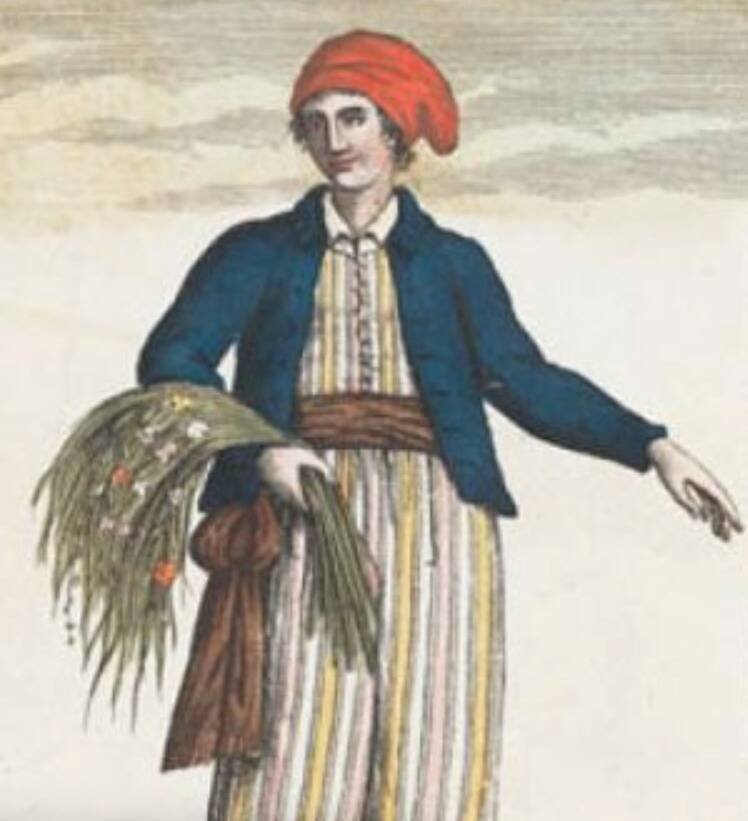
Jeanne Baret made history in the 18th century as the first woman to circumnavigate the globe, albeit in disguise. Posing as a man to board a French naval ship, she joined an expedition led by Louis Antoine de Bougainville. An accomplished botanist, Baret collected numerous plant specimens throughout the journey. Her groundbreaking voyage challenged societal norms, highlighting the capabilities and courage of women in exploration.
Lewis and Clark: Mapping the American Frontier
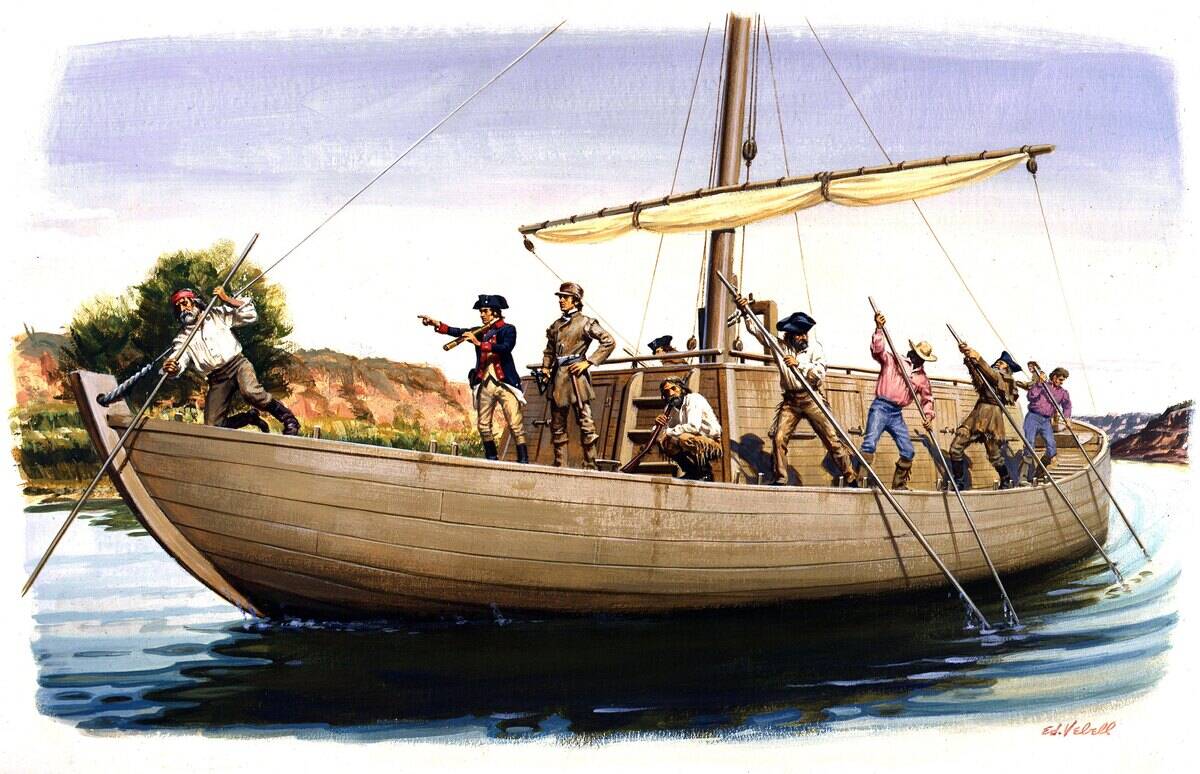
Commissioned by President Thomas Jefferson, the Lewis and Clark Expedition set out in 1804 to explore the newly acquired Louisiana Territory. Their journey across the American West, which lasted over two years, provided valuable geographic and scientific information. Assisted by Sacagawea, a Shoshone interpreter, they documented numerous plant and animal species, as well as detailed maps. This expedition played a crucial role in the westward expansion of the United States.
Mary Kingsley: Trailblazing in Africa
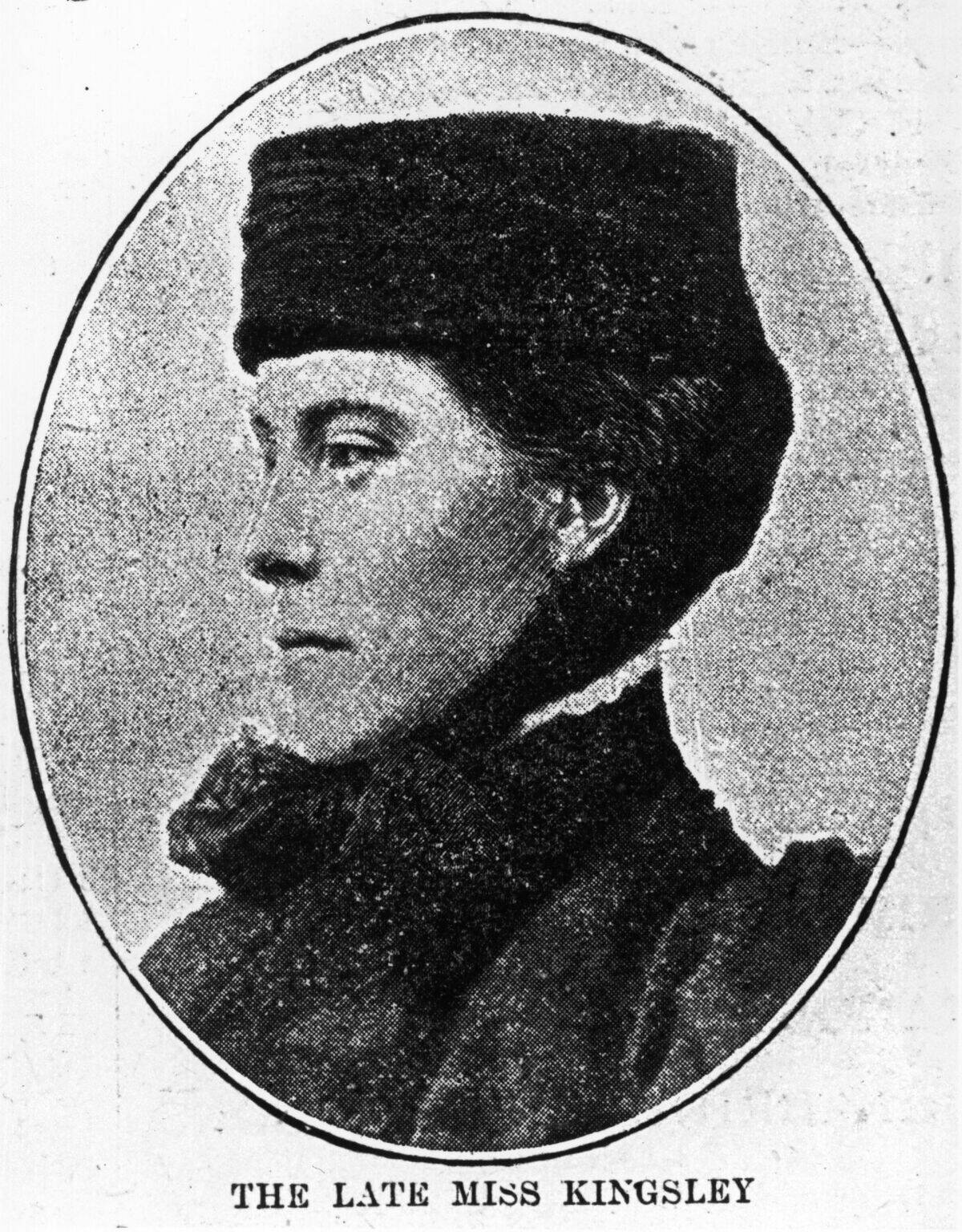
Mary Kingsley defied Victorian conventions by exploring West Africa in the 1890s. Her travels through remote regions, including Gabon and the Congo, were both daring and enlightening. Kingsley conducted ethnographic studies and collected rare fish specimens, which she shared with the scientific community. Her writings challenged prevailing stereotypes and offered a nuanced perspective on African cultures, making her a pioneer in both travel and anthropology.
Roald Amundsen: Conqueror of the Poles
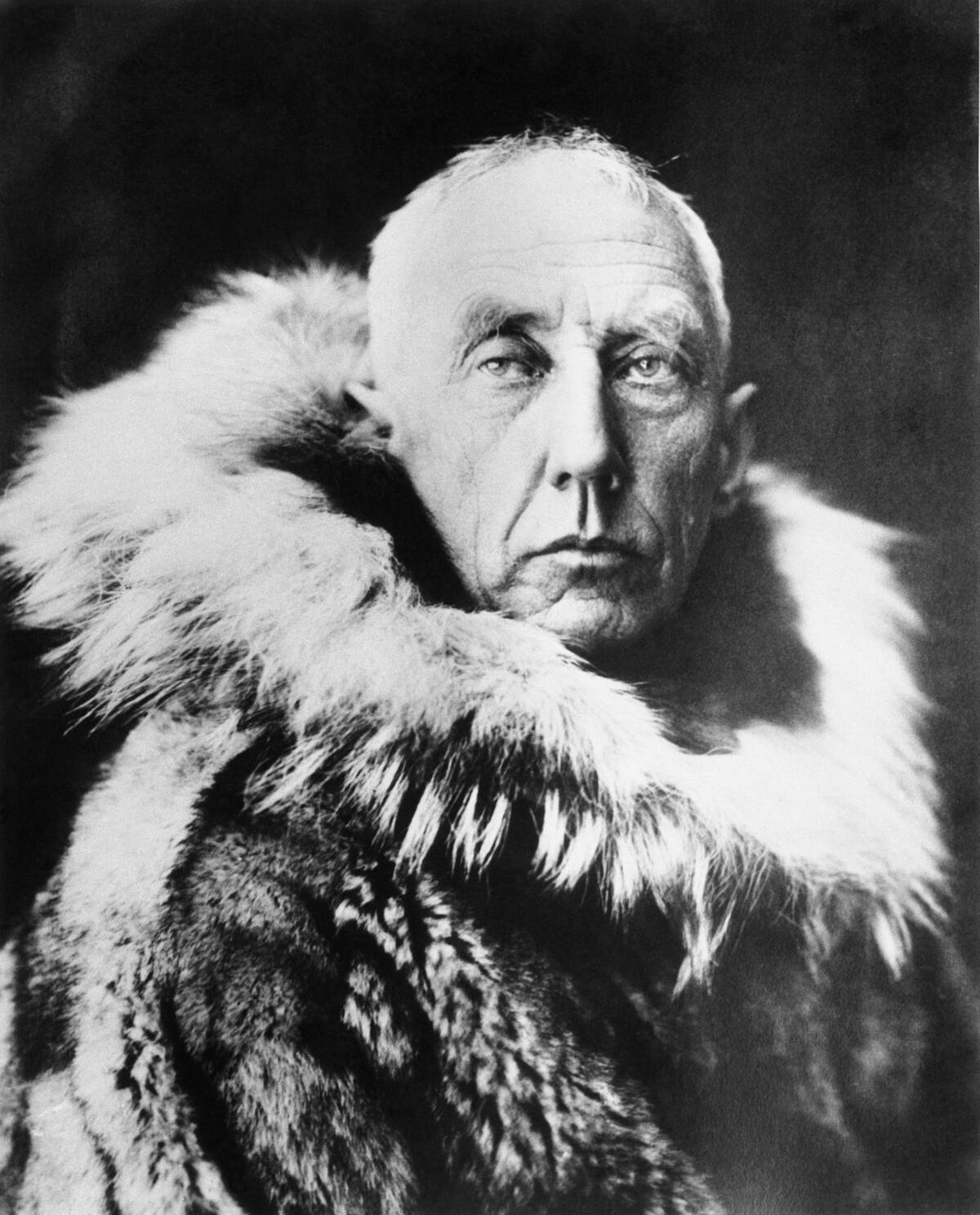
Norwegian explorer Roald Amundsen achieved the first successful expedition to the South Pole in 1911, beating his rival, Robert Falcon Scott, by a mere month. Known for his meticulous planning and use of sled dogs, Amundsen’s triumph showcased the importance of preparation in extreme environments. He was also the first to navigate the Northwest Passage. Amundsen’s polar expeditions remain legendary, setting the standard for exploration in harsh climates.
Amelia Earhart: Breaking Barriers in the Skies
![[redacted]](https://media.tellmebest.com/wp-content/uploads/2023/08/amelia-earhart-21374.jpeg)
Amelia Earhart became a symbol of courage and determination as the first woman to fly solo across the Atlantic Ocean in 1932. Her pioneering spirit and advocacy for women in aviation inspired generations. Earhart’s mysterious disappearance during an attempt to circumnavigate the globe in 1937 only added to her legend. Her legacy endures as a trailblazer who broke gender barriers and expanded the possibilities for women in all fields.
Thor Heyerdahl: Proving Ancient Sea Routes Possible
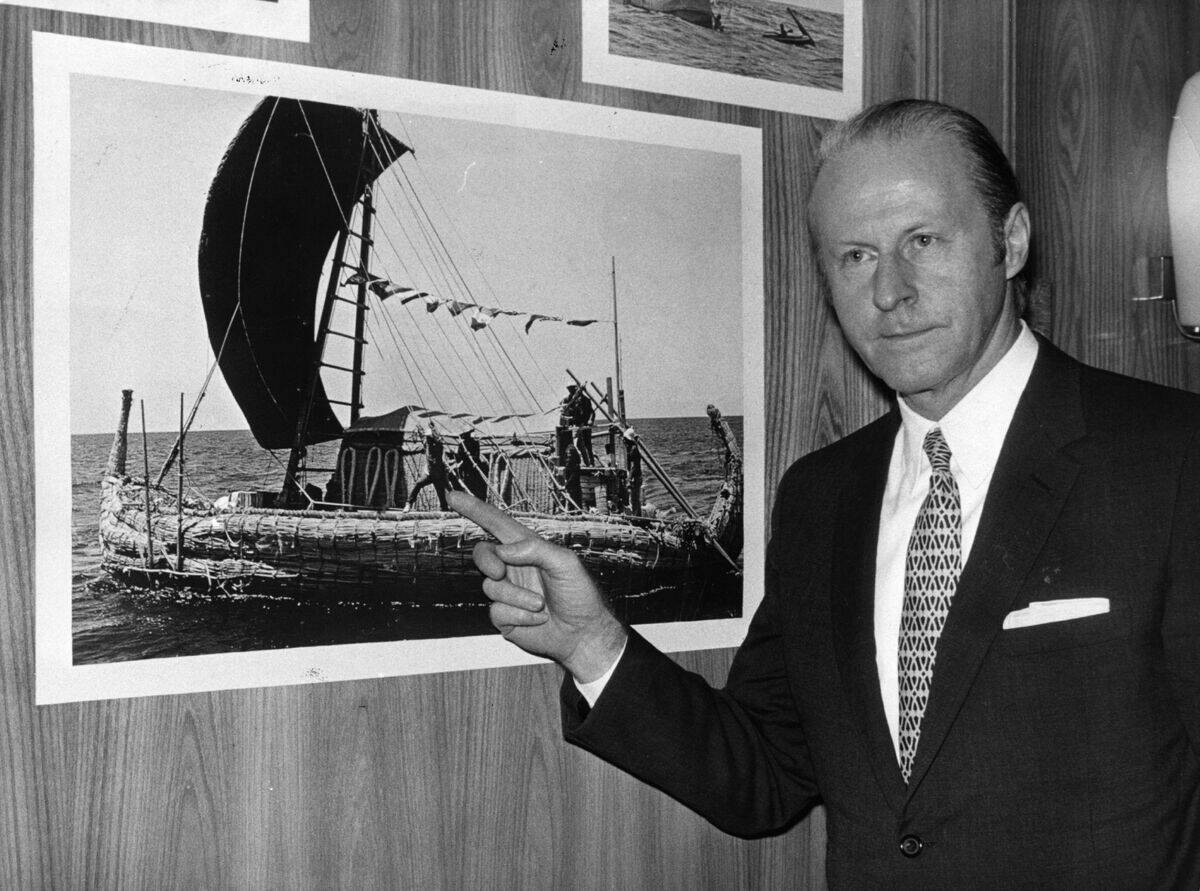
In 1947, Thor Heyerdahl embarked on the Kon-Tiki expedition, sailing a balsa wood raft from Peru to the Polynesian islands. His aim was to demonstrate that ancient peoples could have made long sea voyages, influencing cultural exchanges across oceans. The journey, spanning 4,300 miles over 101 days, captivated the world and brought Heyerdahl international fame. His work provided a new understanding of pre-Columbian trans-oceanic contact theories.
Sylvia Earle: Diving into the Deep Unknown
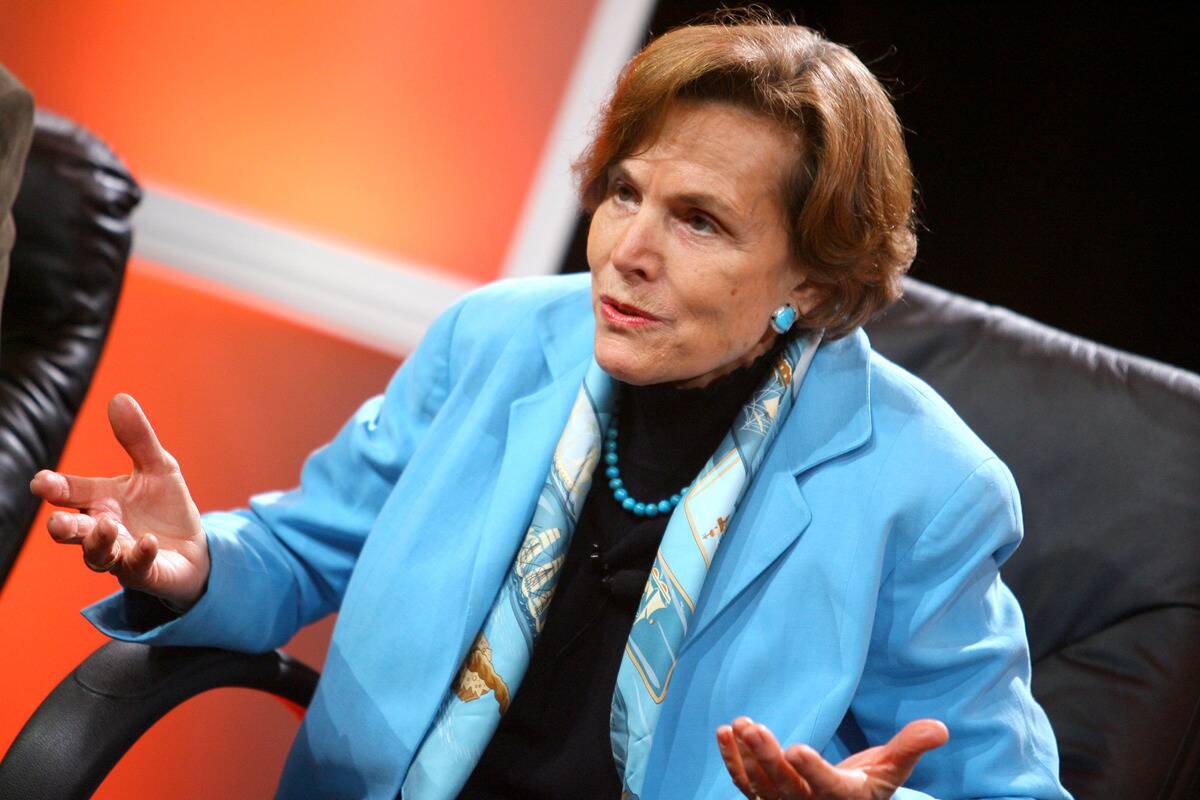
Marine biologist Sylvia Earle is a pioneering oceanographer who has dedicated her life to exploring and protecting the world’s oceans. With over 7,000 hours logged underwater, she has led more than 100 expeditions, earning the nickname “Her Deepness.” Earle was the first female chief scientist of the U.S. National Oceanic and Atmospheric Administration. Her advocacy for marine conservation and exploration has been instrumental in raising awareness about the oceans’ vital role in our ecosystem.
Reinhold Messner: The Peak of Human Endurance
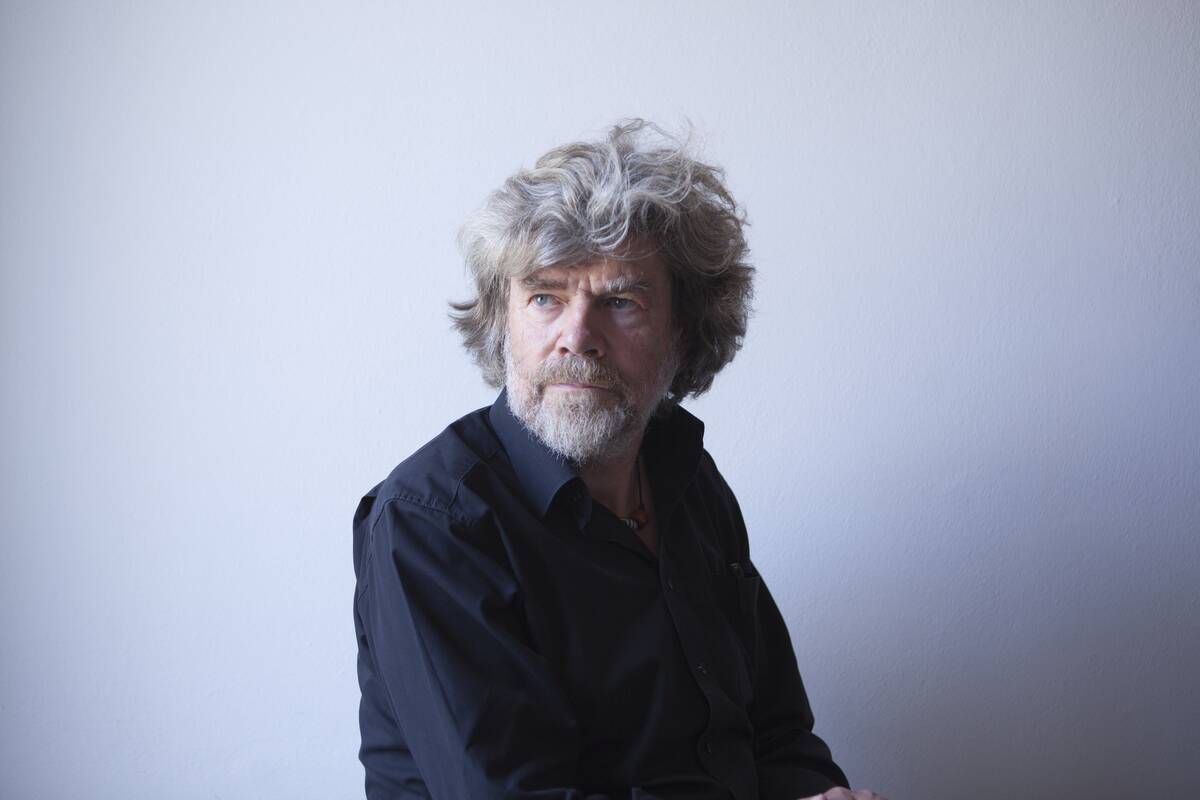
Reinhold Messner is a legendary mountaineer renowned for his remarkable feats in the Himalayas. In 1978, he and Peter Habeler became the first to summit Mount Everest without supplemental oxygen, defying conventional wisdom. Messner went on to climb all 14 of the world’s 8,000-meter peaks, often solo and without oxygen. His achievements have redefined the limits of human endurance and inspired a new generation of climbers.
Junko Tabei: Summit of Equality
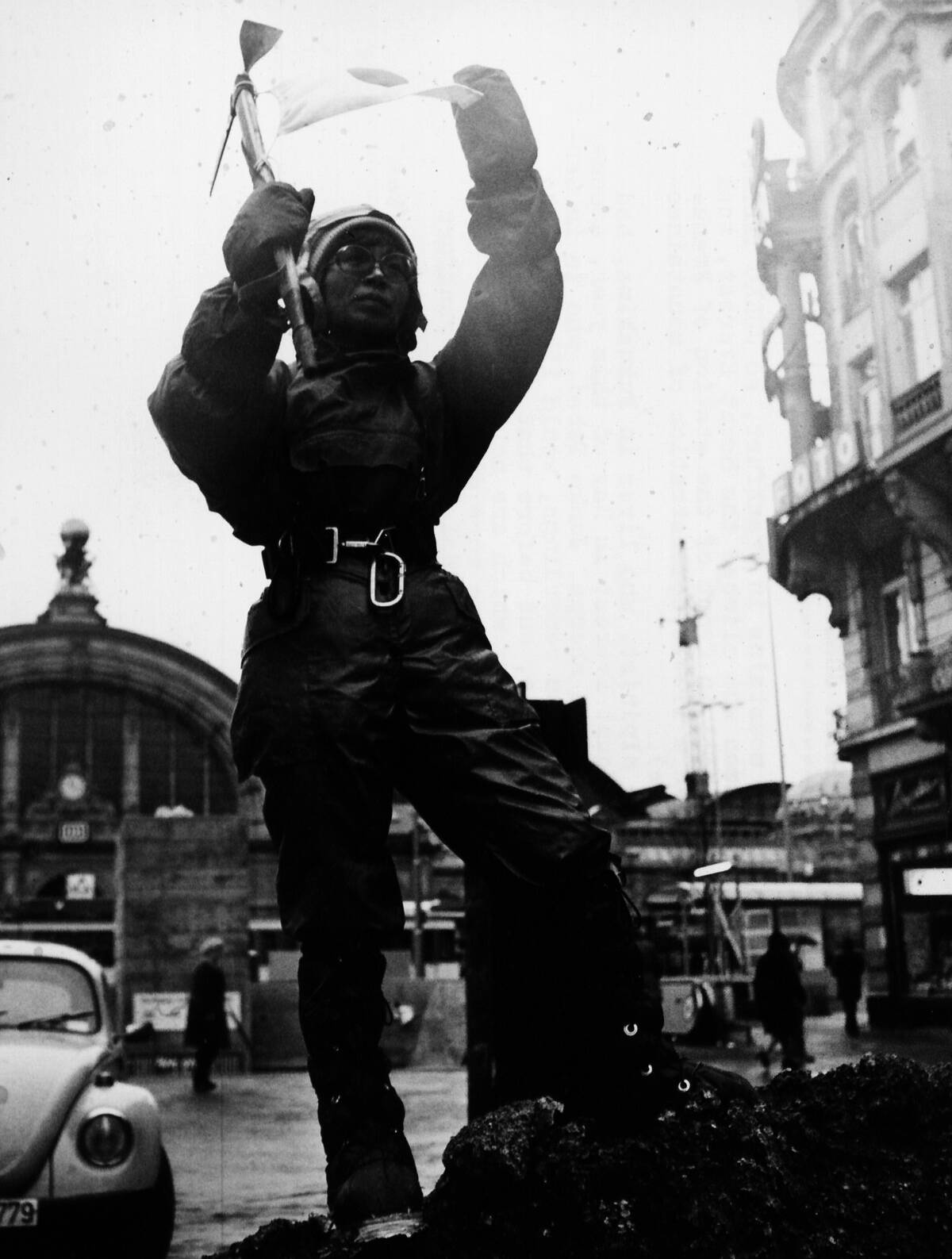
Junko Tabei shattered glass ceilings in 1975 by becoming the first woman to reach the summit of Mount Everest. Her climb was part of an all-female expedition, a rarity at the time. Tabei went on to become the first woman to complete the Seven Summits, climbing the highest peak on each continent. Her accomplishments challenged gender stereotypes and encouraged women worldwide to pursue their ambitions, regardless of societal expectations.



